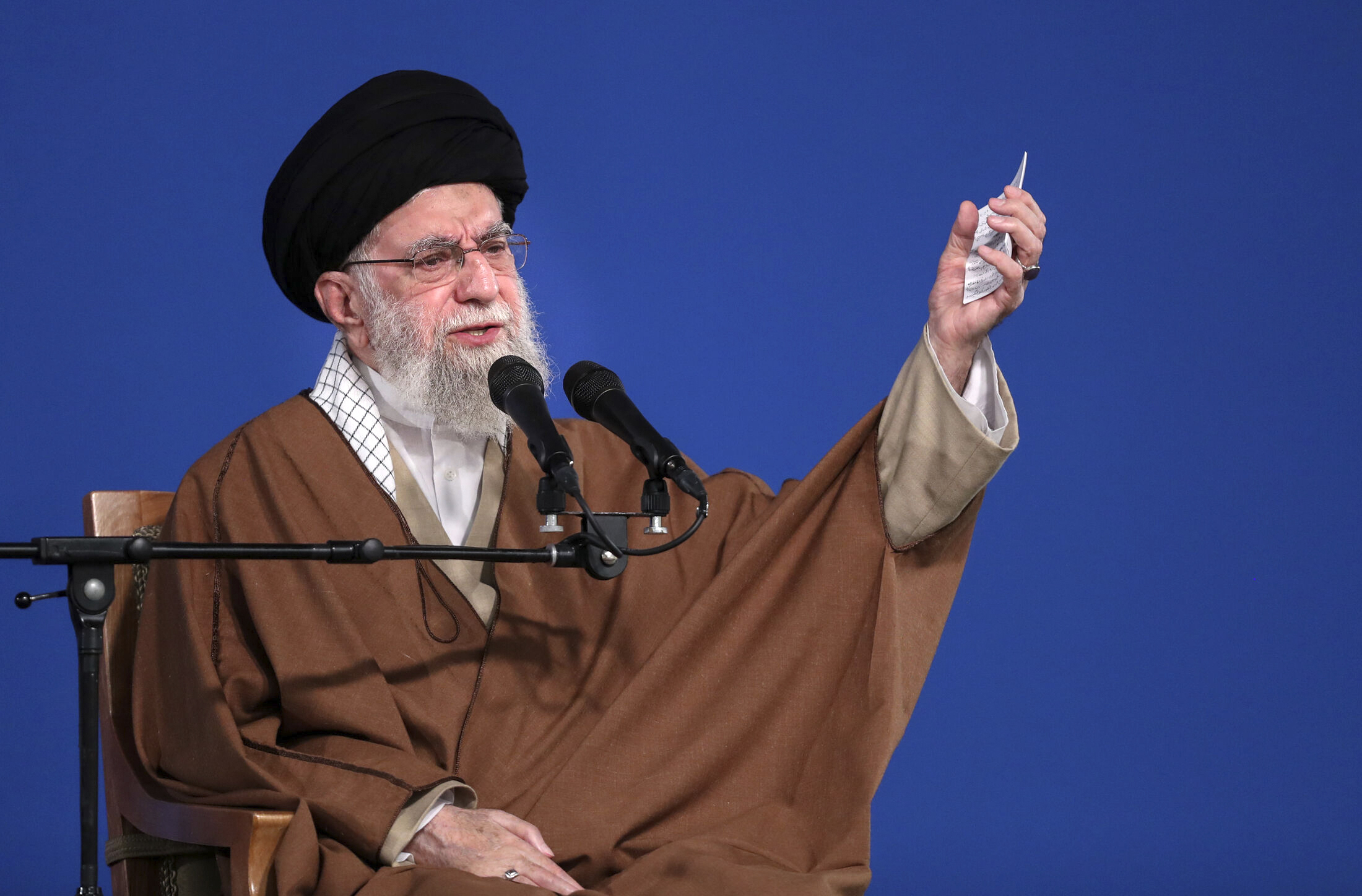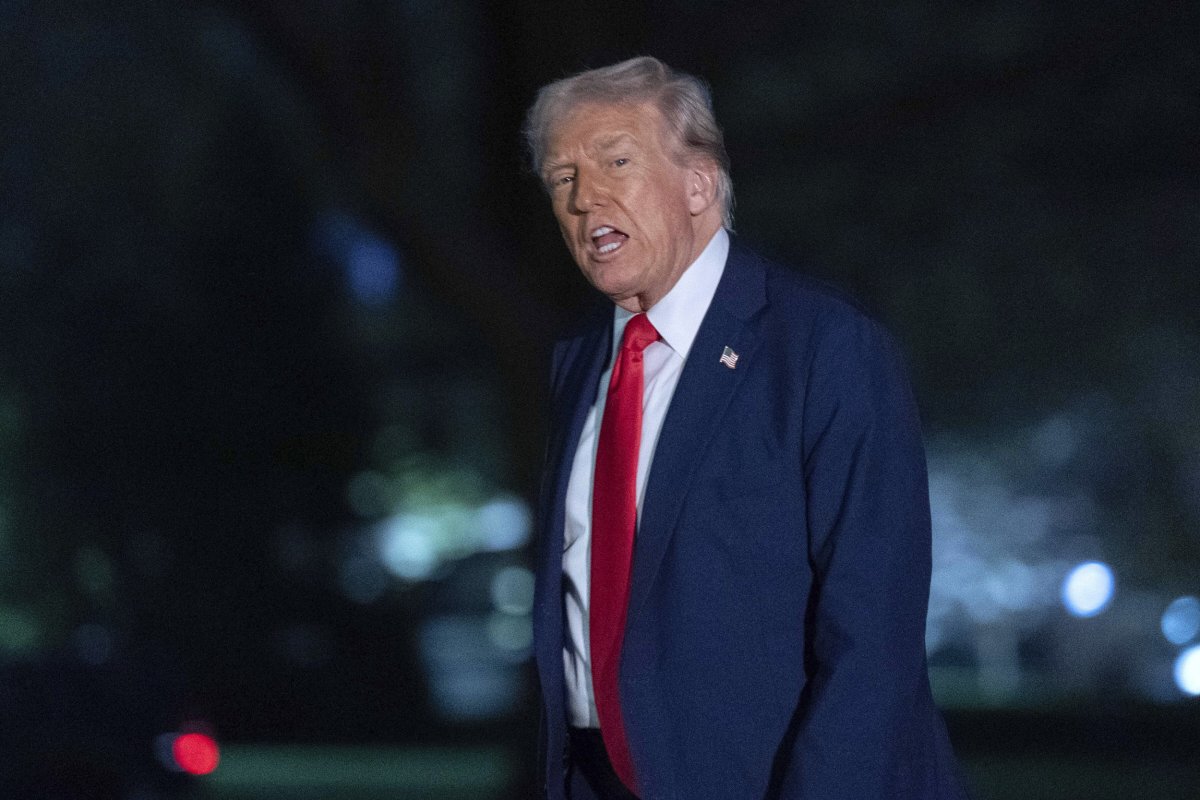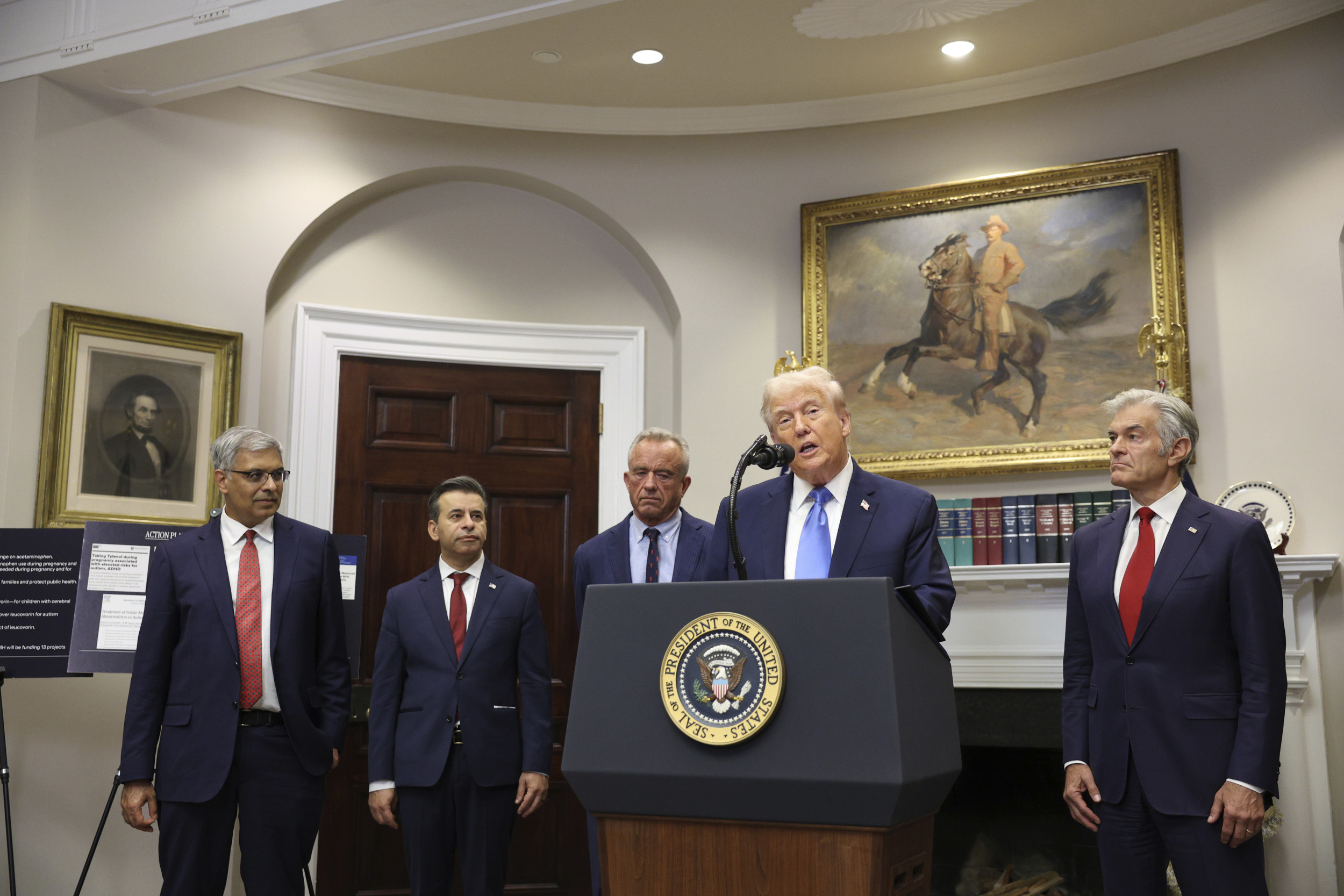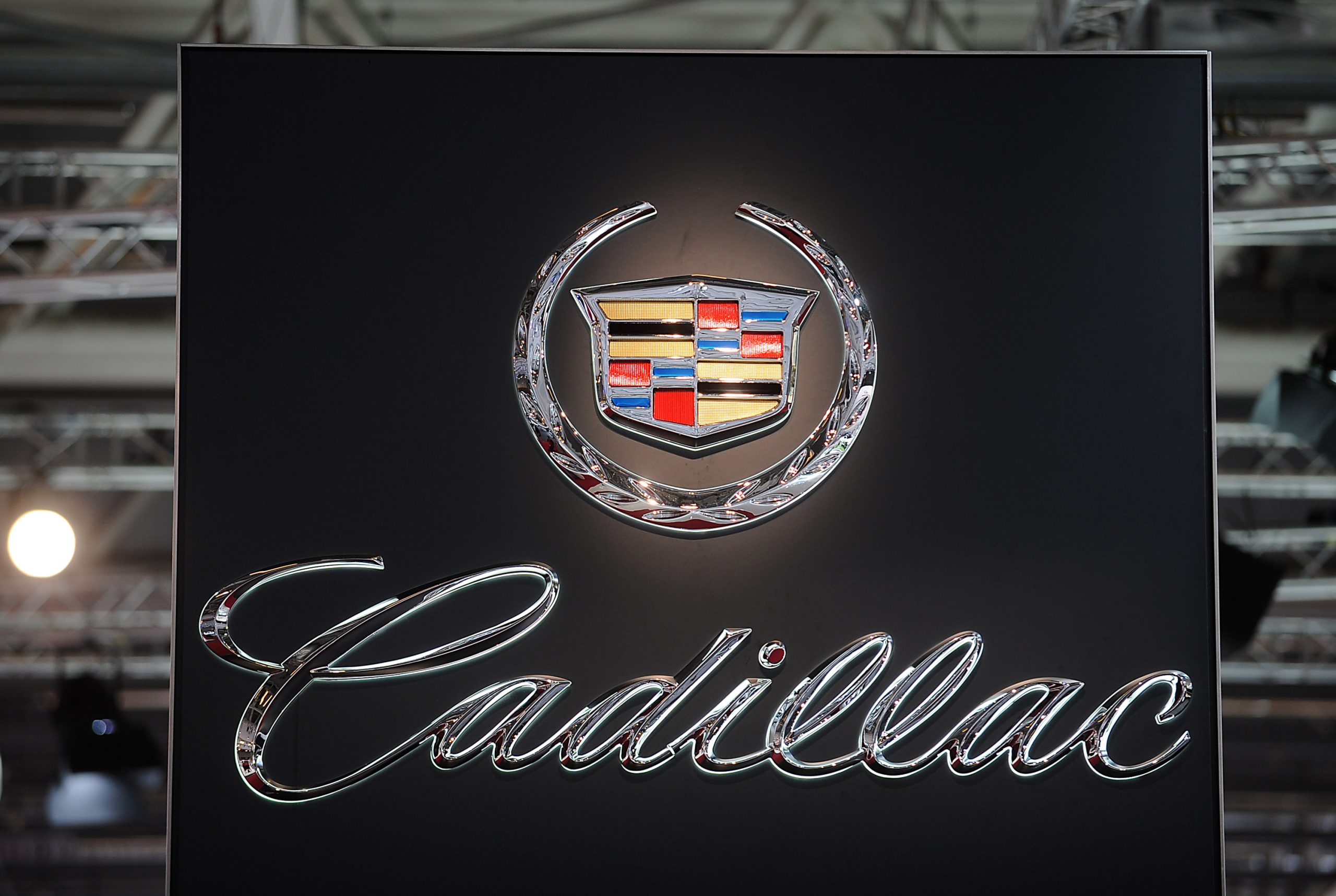
Iran’s Supreme Leader Ayatollah Ali Khamenei warned the U.S. would face a strong retaliation if President Donald Trump follows through on his threat to bomb Iran over the nuclear dispute.
In a statement on Monday, Khamenei stated, “If they commit any mischief, they will surely receive a strong reciprocal blow.“
Newsweek has reached out the the State Department and Iran’s foreign ministry for comment.
Why It Matters
Tensions between the U.S. and Iran have escalated since Trump’s withdrawal from the 2015 nuclear deal, with both sides entrenched in a bitter standoff. Trump’s renewed “bombing” threats, paired with the reimposition of sanctions, have pushed Iran to further intensifying its nuclear ambitions. While the U.S. demands a new deal, Iran’s position remains firmly resistant to direct talks, which it sees as undermined by the U.S. “maximum pressure” strategy.

Office of the Iranian Supreme Leader/AP Photo
What To Know
In his comments, Khamenei responded to Trump’s recent warning that Iran would be bombed if it does not accept his offer for fresh nuclear talks.
“The enmity from the U.S. and Israel has always been there. They threaten to attack us, which we don’t think is very probable, but if they commit any mischief they will surely receive a strong reciprocal blow,” Khamenei said during a speech on Eid al-Fitr, the holiday marking the end of the Muslim fasting month of Ramadan.
Trump’s Threat to Bomb Iran
President Trump reaffirmed his threat to bomb Iran if it does not reach a deal on its nuclear program, saying, “If they don’t make a deal, there will be bombing.” He also warned of imposing “secondary tariffs” on Tehran as punishment.
Since his January return to office, Trump has escalated his “maximum pressure” campaign against Iran, continuing the policies from his first term. These include reinstating severe sanctions and withdrawing from the 2015 nuclear deal, which had placed restrictions on Iran’s nuclear activities in exchange for sanctions relief. Western powers continue to accuse Iran of seeking nuclear weapons, a claim Tehran firmly denies.

Jose Luis Magana/AP Photo
Iran’s Willingness for Indirect Talks
Earlier this month, Trump sent a letter to Khamenei, urging nuclear talks and warning of military action if Tehran declined. The letter prompted a response from Iranian Foreign Minister Abbas Araghchi, who confirmed that Iran rejected direct negotiations under U.S. pressure but remained open to “indirect negotiations.”
What People Are Saying
Iran’s Supreme Leader Ayatollah Ali Khamenei said: “The enmity from the U.S. and Israel has always been there. They threaten to attack us, which we don’t think is very probable, but if they commit any mischief they will surely receive a strong reciprocal blow. And if they are thinking of causing sedition inside the country as in past years, the Iranian people themselves will deal with them.”
President Donald Trump told NBC: “If they don’t make a deal, there will be bombing — and it will be bombing the likes of which they have never seen before.”
What Happens Next
With the diplomatic impasse continuing, the question remains whether the U.S. will escalate its threats or pursue alternative negotiations.




